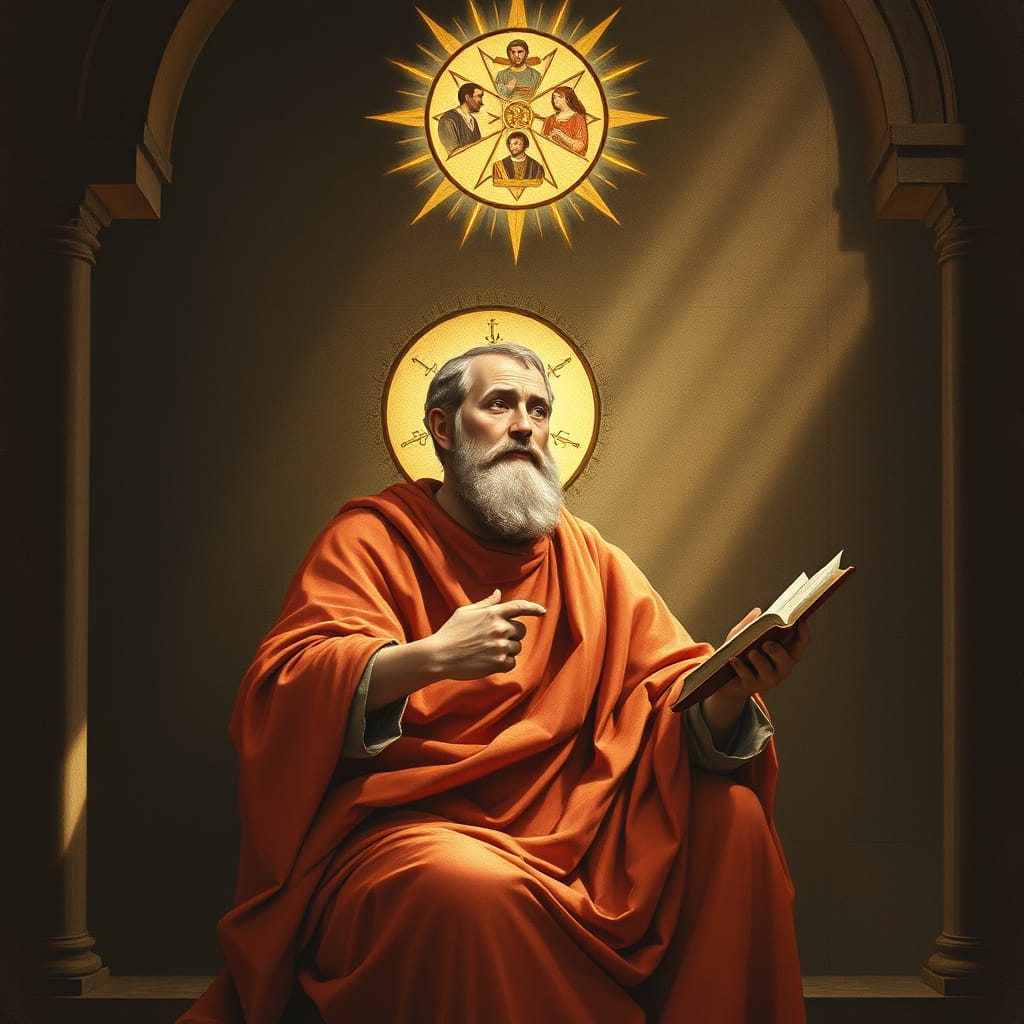
Augustine of Hippo (Latin: Aurelius Augustinus Hipponensis; born 13 November 354, died 28 August 430) was a distinguished theologian and philosopher, serving as the bishop of Hippo Regius in present-day Souk Ahras, Algeria. His scholarly writings have significantly influenced the development of Western philosophical thought and Christian theology. He is widely recognized as one of the most influential Church Fathers of the Latin Church during the Patristic Period. Among his notable works are The City of God, On Christian Doctrine, and Confessions.

According to his contemporary Jerome of Stridon, Augustine “reaffirmed the ancient Faith.” In his early years, Augusine explored the Manichaean faith and later engaged with the Hellenistic philosophy of Neoplatonism.

Following his conversion to Christianity and baptism in 386, Augustine developed a comprehensive approach to philosophy and theology, integrating various methods and perspectives. He emphasized the importance of divine grace for human freedom and contributed to the doctrines of original sin and just war theory. During the decline of the Western Roman Empire, Augustine articulated the concept of the Church as a spiritual City of God, contrasted with the earthly, material City. His teachings on the Trinity, as defined by the Councils of Nicaea and Constantinople, align closely with his writings in On the Trinity.

Augustine is venerated as a saint by the Catholic Church, Eastern Orthodox Church, Lutheran churches, and Anglican Communion. He holds the title of Doctor of the Church and is the patron saint of various groups, including brewers, printers, and theologians. His feast day is observed on 28 August, commemorating the anniversary of his death.